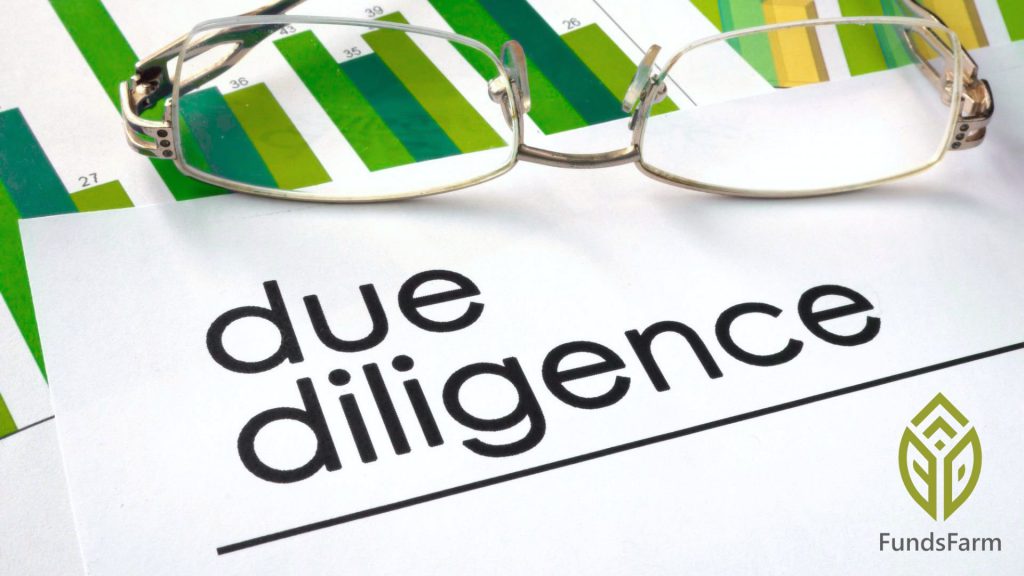Introduction
In the high-stakes world of startup investing, due diligence is not just a step in the process—it’s the foundation of successful investment decisions. Due diligence involves a thorough investigation into a startup before committing any financial resources, ensuring that investors fully understand the risks and opportunities involved. This blog explores the critical role of due diligence in startup investing, highlighting its benefits and offering insights into how investors can conduct effective due diligence.
Understanding Due Diligence
Due diligence is a comprehensive appraisal of a business undertaken by a prospective buyer, especially to establish its assets and liabilities and evaluate its commercial potential. In the context of startup investing, it means evaluating the startup’s business model, market potential, financial health, legal standing, and the team’s capability. It’s a safeguard against the inherent risks of investing in relatively unproven companies.
Why Due Diligence is Critical
- Risk Identification: Startups operate in a highly volatile environment. Due diligence helps investors identify potential risks, from financial instability to regulatory issues, before they commit funds.
- Valuation Verification: It ensures that the investor’s valuation of the startup aligns with its actual worth, preventing overvaluation or undervaluation.
- Operational Viability: Investigating the startup’s business model and operations helps assess its viability and sustainability in the long term.
- Legal Compliance: Ensuring that the startup has complied with all legal requirements is crucial to avoid future legal complications.
- Team Evaluation: The success of a startup heavily relies on its team. Due diligence includes evaluating the team’s experience, skills, and dedication.
Conducting Effective Due Diligence
Financial Assessment
Investors should thoroughly review the startup’s financial statements, cash flow projections, and funding history. This includes assessing burn rate and understanding how the startup plans to achieve profitability. Tools like Crunchbase and PitchBook offer insights into a startup’s financial background and investment history, providing a basis for valuation [1].
Market Analysis
Understanding the market size, growth potential, and competitive landscape is essential. This involves analyzing market reports from reputable sources such as IBISWorld or Statista, which offer comprehensive industry insights [2],[3].
Legal Review
A legal review should cover intellectual property rights, employment contracts, and any pending litigation. Platforms like LegalZoom can provide general guidance, but consulting with a legal professional specializing in startup investments is advisable [4].
Team Background Checks
Evaluating the startup’s team involves assessing their experience, track record, and commitment. LinkedIn can be a valuable resource for reviewing the professional backgrounds of team members.
Product or Service Evaluation
Investors should personally test the startup’s product or service, if possible, to gauge its value proposition and user experience. Feedback from existing customers or users can also provide valuable insights.
Conclusion
Due diligence is a critical process in startup investing, offering a protective measure against the high risks associated with early-stage companies. By thoroughly evaluating a startup’s financial health, market potential, legal standing, team, and product, investors can make informed decisions, minimizing risks and maximizing returns. In the dynamic and uncertain world of startups, due diligence is the cornerstone of smart investing.







